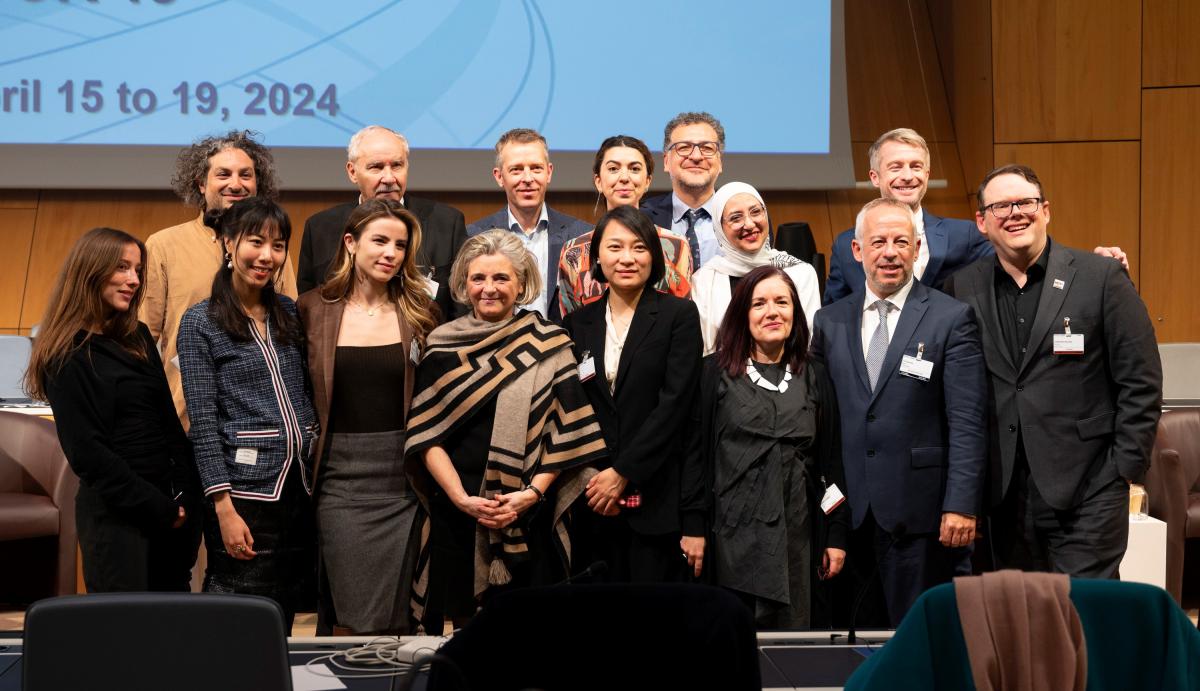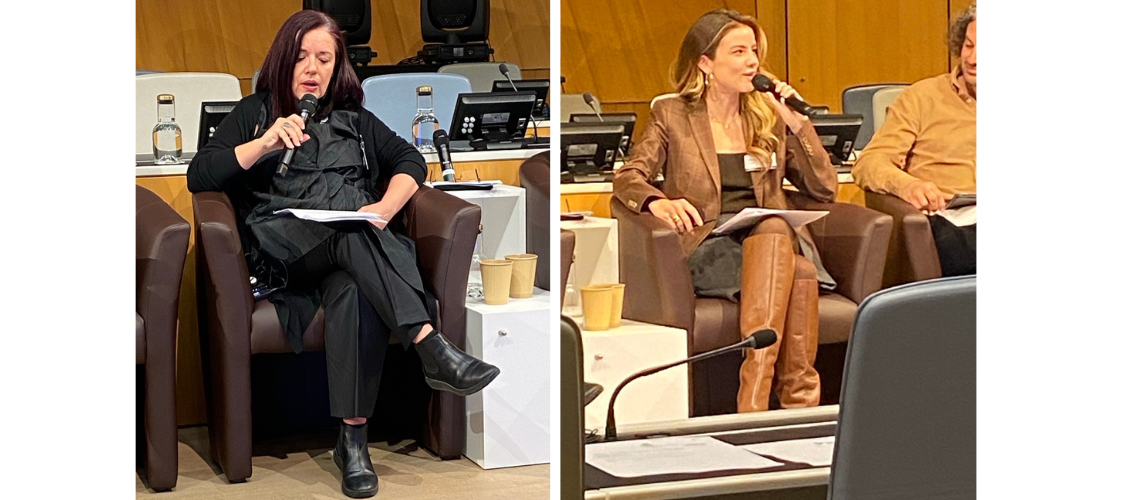CISAC promotes Artists Resale Right, fair remuneration for audiovisual creators and enhanced AI legislation during the 45th session of the WIPO SCCR

CISAC brought a number of key creators’ rights priorities to the WIPO SCCR on 18th-19th April, urging progress in its campaigns for global adoption of the Artist Resale Right and the unwaivable Right of Remuneration for audiovisual creators. CISAC also took the opportunity of the AI informative session to highlight the impact of AI on creators. These are the most important priorities for CISAC members and have seen effective advocacy by the CISAC community over several years.
On the resale right, attention is now focused on a new WIPO Toolkit on the management of the Artists Resale Right, drafted by Australian professor Sam Ricketson and developed in collaboration with CISAC’s visual arts member societies. The toolkit, whose first version was published by WIPO, provides best practices for managing and implementing the right, which has been adopted in more than 90 countries. CISAC and its members are advocating for the right to become a permanent agenda item of the WIPO SCCR and for WIPO member states to engage in concrete discussions towards proper implementation around the world.
On the issue of audiovisual fair remuneration, CISAC continues to back a proposal for a WIPO study on the legal situation of audiovisual creators worldwide. The "Proposal for a Study on the Rights of Audiovisual Authors and their Remuneration for the Exploitation of their Works" is led at WIPO by the Côte d’Ivoire.
Creators, such as screenwriters and directors, are fundamental to the success of films and TV programmes, and yet in most countries to do not have a guaranteed right to be remunerated for the use of their works. Case studies around the world, by CISAC and sister organisations, have highlighted the benefits of the right to remuneration in promoting creativity and supporting the growth of the audiovisual sector. Further discussion of the proposed study was raised by delegates and the initiative will be considered at the next SCCR meeting.
On Artificial Intelligence, CISAC and its members took part in an informative session. This featured insights from creators and societies, notably Giulia Bourguignon Marinho from UBC and Esther Pizarro from VEGAP. They discussed their daily use of AI, its role in the creative process, alongside the need for fair remuneration when AI systems use their works.

Additionally, members advocated in favour of well-publised principles that have brought together the creative sector. Member society GEMA presented the GEMA/Sacem study ‘AI and Music’. It showed how GEMA implemented the opt-out, and the essential need for the remuneration of creators. For the global community of creators represented by CISAC, AI remuneration is an issue of fairness and livelihood.
CISAC made its views clear, namely that the focus of future AI debates within the Committee should be to determine how best to clarify and improve legislation in a way that preserves the value of human-driven creativity, and ensure that creators’ rights are protected and remunerated. Any further development should be based on core principles enlisted in the Confederation’s open letter to policy makers.